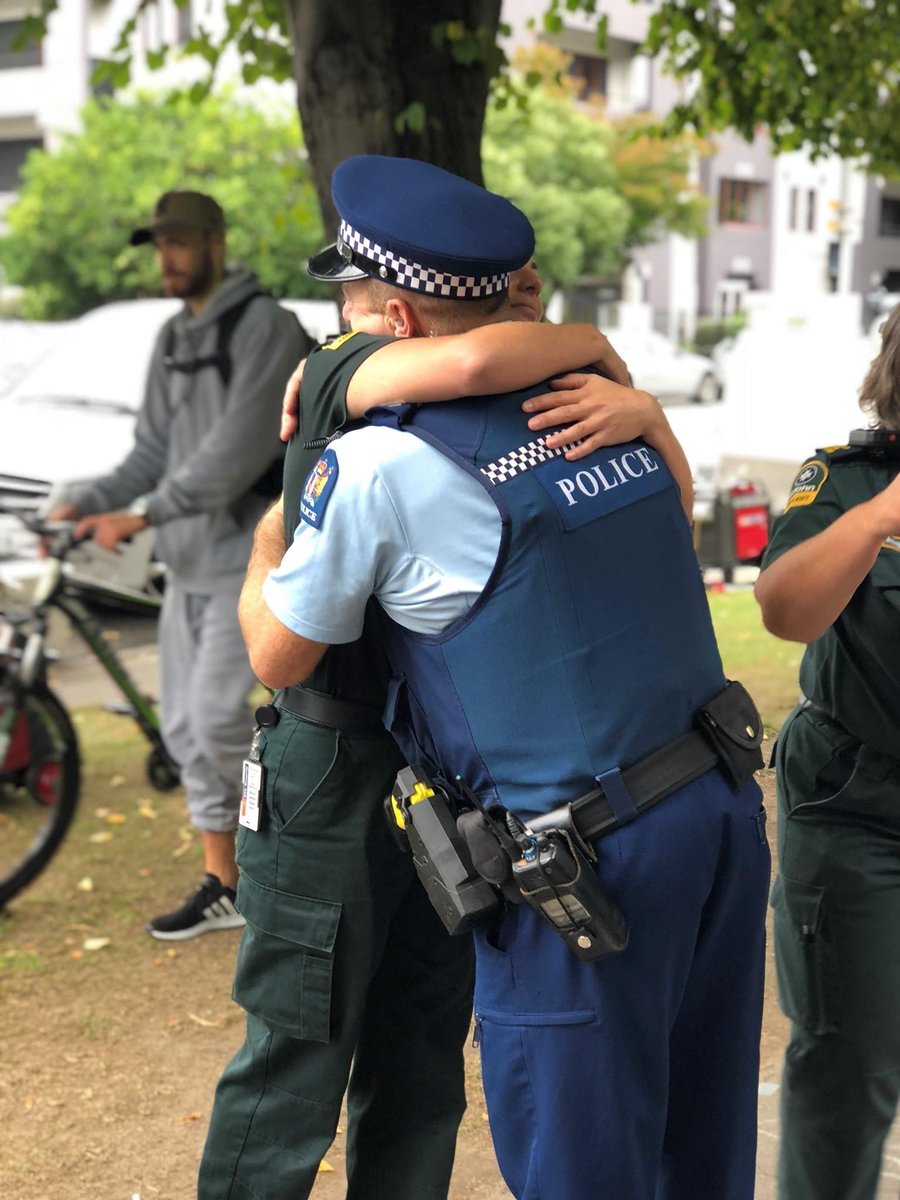Older generations will recall when the police were known as “bobbies”, after their founder, Sir Robert (Bob) Peel, in England in 1829. He formed the world’s first professional police force in London. Prior to that, governments used the military, and wealthy private citizens or companies hired night watchmen for security.
Peel famously stated that “The police are the public and the public are the police”. This is also known as the principle of “policing by consent”. The police cannot function properly without the trust and respect of the general population. If they serve as enforcers of a tyrannical government, without the consent of the people, then they will fail to prevent crime.
He also made it clear that the measure of success was not the number of arrests, but the absence of crime. This demonstrates a remarkable depth of progressive thought for nearly two centuries ago.
The police were simply private citizens, paid by the government on behalf of all private citizens so that they had the time to carry out the duty to prevent crime that was incumbent on all citizens.
The first commissioners of the police developed Peel’s philosophy further with 9 principles of ethical policing:
- To prevent crime and disorder, as an alternative to their punishment.
- To recognise that the power of the police to fulfil their functions is dependent on public approval.
- To recognise that the willing co-operation of the public is needed in the task of securing observance of laws.
- To recognise that the extent to which the co-operation of the public can be secured diminishes proportionately to the use of physical force and compulsion.
- To seek and preserve public favour by constantly demonstrating absolutely impartial service to law, in complete independence of policy, by ready offering of individual service and friendship to all members of the public without regard to their wealth or social standing, by ready exercise of courtesy and friendly good humour, and by ready offering of individual sacrifice in protecting and preserving life.
- To use physical force only when the exercise of persuasion, advice and warning is found to be insufficient to obtain public co-operation to an extent necessary to secure observance of law or to restore order.
- To maintain at all times a relationship with the public that gives reality to the historic tradition that the police are the public and that the public are the police, the police being only members of the public who are paid to give full-time attention to duties which are incumbent on every citizen in the interests of community welfare and existence.
- To recognise the need to refrain from judging guilt and punishing the guilty.
- To recognise always that the test of police efficiency is the absence of crime and disorder, and not the visible evidence of police action in dealing with them.
From the outset, Peel sought to avoid any suggestion that the police as a military force, so their uniform did not resemble any military uniform.
We know New Zealand tends to lag behind Australia in many areas. Last year, we saw Australian police in Melbourne brutally enforcing covid mandates with appalling violence, dressed ready for war, acting on the dictatorial policy of the state governor. My hope is that our police do not follow that precedent this year.
Omicron is spread by the vaccinated, therefore vaccine passports are nonsense. Masks do not prevent transmission and are therefore nonsense. The CDC has not identified a single case of outdoors transmission. The unvaccinated have a right to manage their own health decisions, and the whole point of the vaccines is that the unvaccinated do not pose a risk to the vaccinated. Finally, and most significantly, catching this mild form of the disease is likely to give better long-term protection against future variants. This means opposing the mandates cannot be considered a crime.
“Order” is what we had before covid – not some secret “New World Order” that the public has not consented to. The police need to be independent of government policy.
This year, when more people start refusing to obey the mandates, the fundamental principles of good policing mean that the New Zealand police must take a very different approach to Australia.

